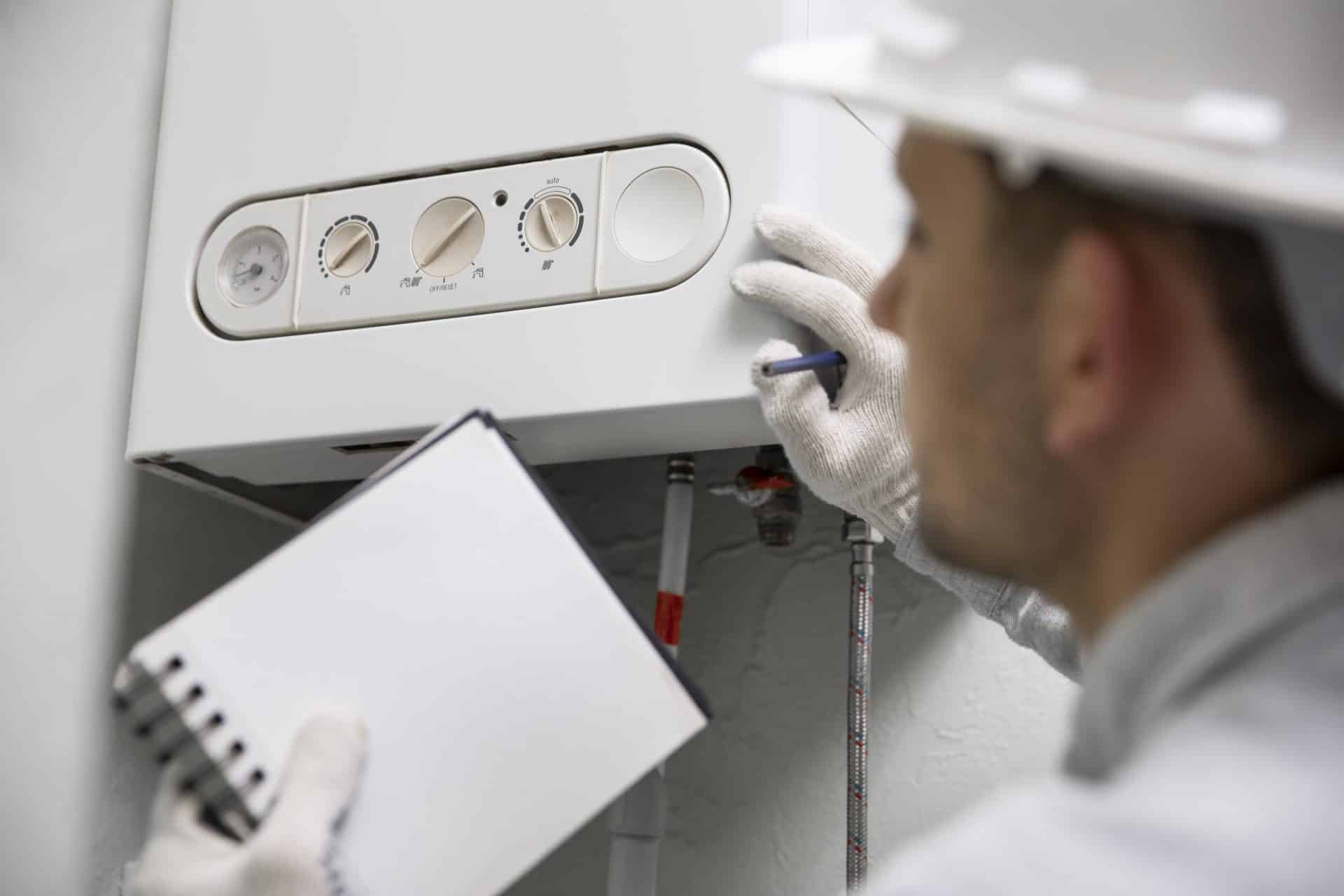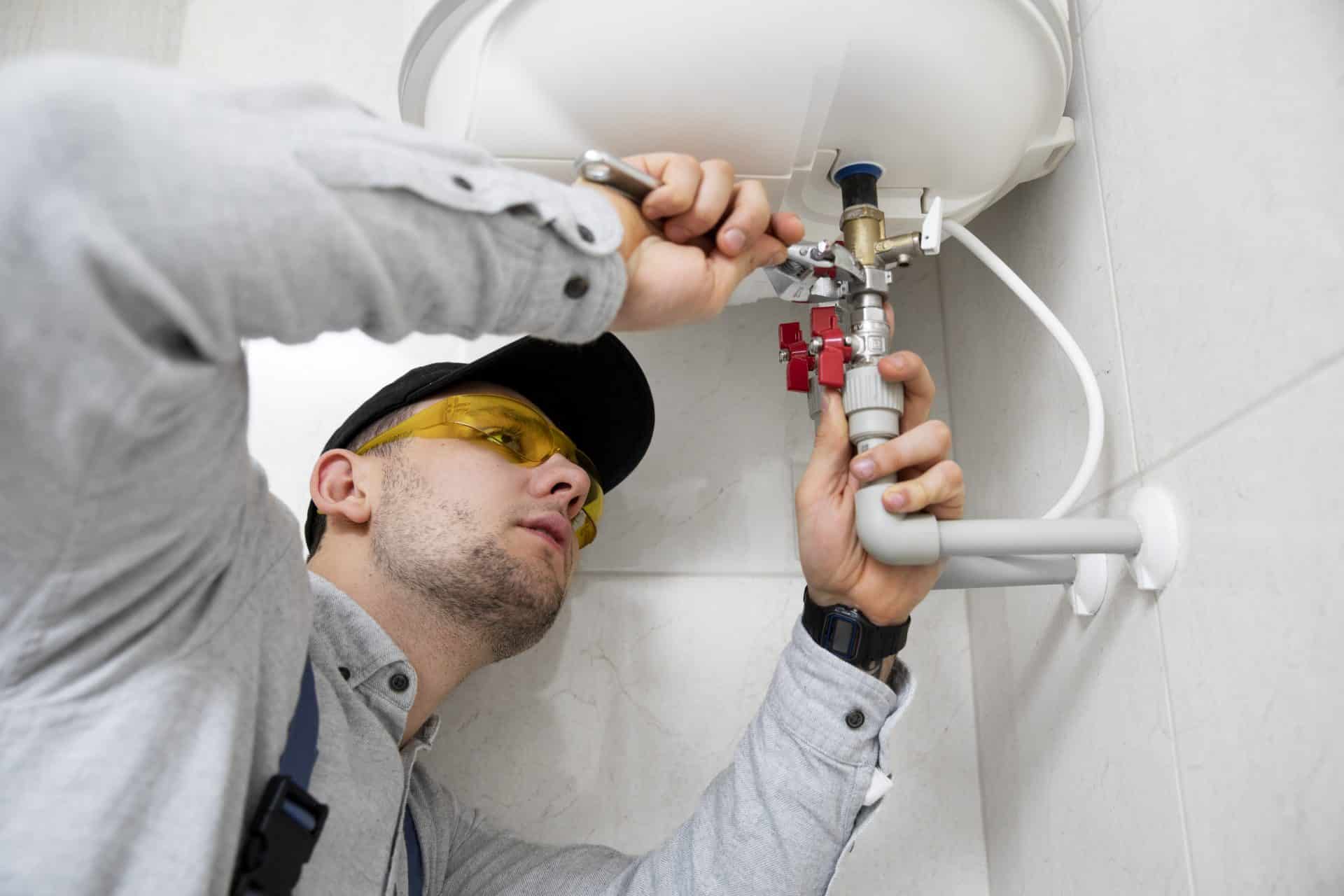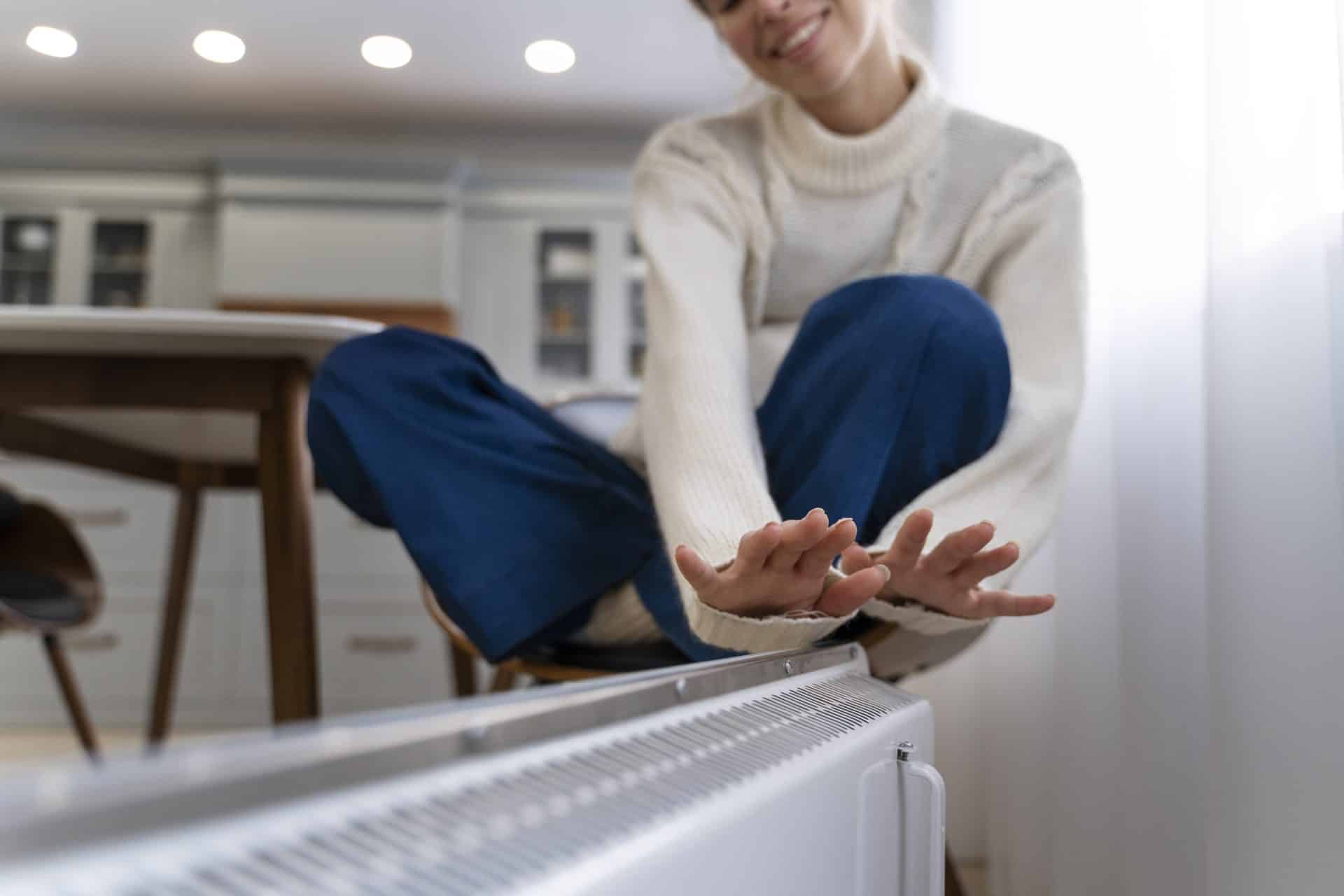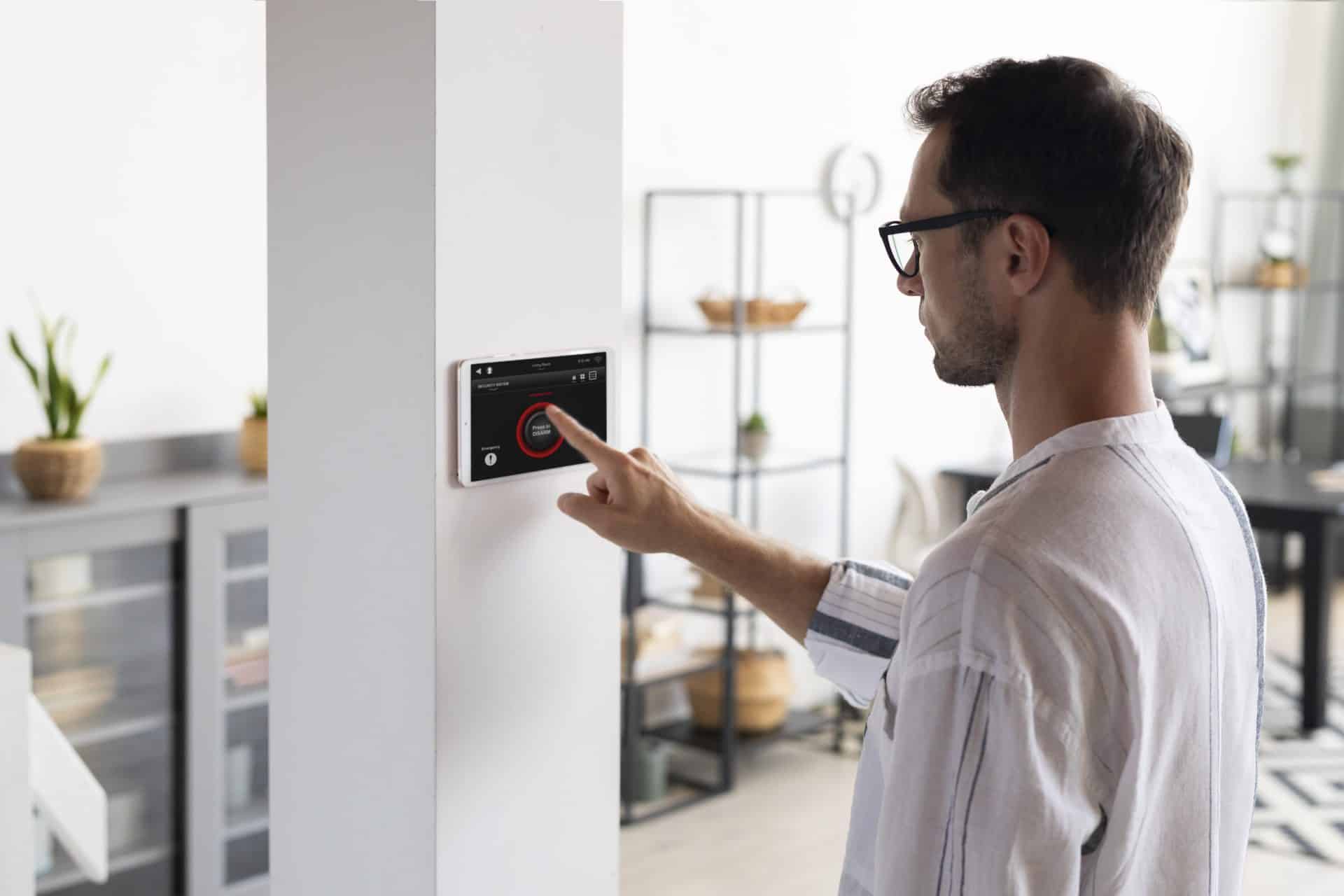Fitting a new boiler can be a stressful experience, but it’s something that many homeowners have to do at some point. If you need to get your boiler replaced, it’s important to understand how much time the installation will take and find the best way to reduce this time.
In this article, we’ll look at everything from why it takes so long for some boilers to install (and how you can avoid this), what affects the length of time needed, and if it makes sense to fit a smart thermostat instead of just replacing your old one.

The time it takes to install a new boiler can vary depending on several factors. The main factor is your boiler type, as some are more complex than others.
For example, an off-the-shelf gas condensing boiler will take much longer to fit than a combi or back-to-back system.
We'd recommend getting in touch with an engineer who can advise you on how long it will take for them to fit your specific model - but generally speaking, we've seen boilers fitted anywhere from a few hours up to three days!
The two biggest reasons we find that projects run over budget are ordering the wrong parts or problems with the gas connection (this happens when local authority planning permission has not yet been granted).
If you're replacing an old system with one that's similar in size and type, then these issues shouldn't arise at all - but if there are any differences between old and new systems, then it could cause extra delay in getting started.
If you’re considering replacing your boiler, it’s important to know what causes a boiler to fail.
You can upgrade your boiler by installing an air-source heat pump or solar heating system.
A boiler upgrade is the replacement of your current heating system, which will be replaced by a more efficient one. For example, if you currently have an oil-fired hot water storage tank and want to replace it with a more modern (and more efficient) electric immersion heater, this would be considered a boiler upgrade.
What are the benefits of upgrading?
The main benefit is that you will save money on your energy bills as well as reduce CO2 emissions through reduced fuel consumption - there are also additional benefits such as lower maintenance costs over time and improved occupant comfort levels due to increased control systems functionality. There's no doubt that upgrading your old, outdated boiler can make quite an impact on your home's running costs!

There are a few reasons why it can take so long to fit a boiler. The first is that the work needs to be done by a specialist. Boilers are complex machines and require special tools, knowledge, and expertise to install properly. This means that there's more time spent on planning and preparation than on other household appliances like ovens or washing machines.
Boilers also tend to be installed in multiple stages: for example, you might need one boiler fitted for your central heating system, then later add another one for space heating (as part of an underfloor heating system).
This means that installing just one type of boiler may take several days over several weeks because you'll have to wait between stages as each component is installed separately.
How long does it take to fit a boiler?
The answer to this question depends on the type of boiler fuel you want your technician to change. It will take around one day if you want them to change from oil to gas. If they are changing from gas to oil, then expect it to take two days.
This is because when a technician changes your fuel type from gas to oil or vice versa, they have to disconnect certain parts of the system and reconnect other parts so that everything works properly again. They do this by using special tools that aren't usually found in homes.
If you are thinking of relocating your boiler, there are a few things to consider. Firstly, where can the new boiler be positioned? The most convenient place for a new boiler is usually next to an existing radiator. This will make it easier for heat to be distributed around an entire floor or room.
Secondly, you need to consider how much space you have available and whether or not it is possible for an engineer to work around any other equipment that might already be in place. It's also important that any pipework doesn't restrict access too much when they're switching on the water supply and testing functionality before installation is complete.
Finally, it's essential when fitting boilers that electrics are installed correctly by a qualified electrician so they meet all current regulations and codes of practice.

Combination boilers are the most popular type of boiler, and they tend to be the fastest install. They're more energy efficient than other types of boilers, and they are also more compact. Of course, this can make them a bit harder to fit in your home's existing space. But with a little care and attention on behalf of both you and your installer, you should have no trouble getting your new combination boiler set up and running.
A combi boiler is a great option if you want to install a new central heating system. Combi boilers are more energy efficient, reliable, and easier to maintain than other types of boilers. They’re also environmentally friendly and cheaper to run than oil or electric heaters because they only use the heat from water when you need it so it is a great possibility to reduce your energy costs.
If you’re thinking about changing your old boiler with a new one, here are some things for you to consider:
You can fit a new boiler yourself, but this is not something that we would recommend. The installation of a new boiler is highly technical and should be left to a professional.
In some instances, you may be able to do some of the work yourself if you have experience in DIY projects. However, if you're not confident in your abilities, it's best to leave it up to our team of professionals at UK-Plumbing.
You can reduce installation times by:
It’s important to think about any other aspects that might influence your decision. This includes:
Power flushing is a process in which the boiler is filled with a mixture of water and detergent, then drained. The procedure removes limescale build-up from the system, which can prevent it from operating efficiently. Power flushing should be carried out every year or two to keep your boiler running at its best.
How long does it take?
Power flushing usually takes between three and four hours, depending on the size of your heating system. This time will vary depending on whether or not you need to remove any parts before cleaning them properly - if this is necessary, then extra time may be needed for disassembly and reassembly as well as preparation work such as removing limescale deposits from pipes before they can be cleaned effectively by chemicals.
Can I do it myself?
If you want to save money by doing it yourself rather than hiring someone else (which isn't always possible), then yes! It's quite straightforward but make sure that whatever chemicals you're using is suitable for use inside domestic properties first - otherwise, things could go wrong very quickly!

If you're not sure about smart thermostats or don't know how to use them, here's a quick guide:
If you’re planning on fitting a new boiler, it’s important to know what you’re getting into. The more information you have about the process, the better. If you think that fitting a new boiler might be something for your home, then why not get in touch? We would love to talk through your options with you and help you find the right solution.
